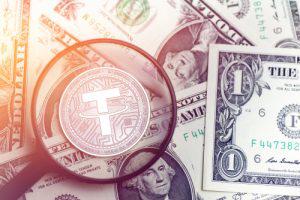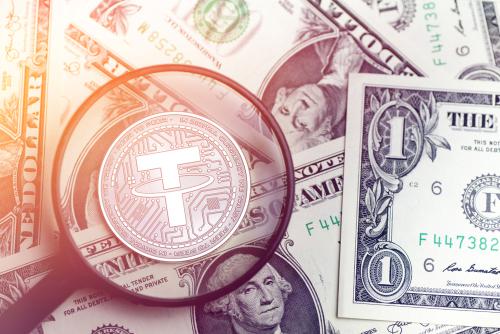Stablecoin Definition
What is Stablecoin?
A “Stablecoin” is a low volatility and decentralized global cryptocurrency that is directly tied to another stable asset such as the U.S. dollar, or gold, which gives it stability to be used for everyday payment transactions.
Stablecoins offer all the features of a traditional cryptocurrency, things like scalability, privacy, security, and decentralization, with the added advantage of price stability.

Because popular cryptocurrencies such as Bitcoin and Ethereum are highly unstable, often seeing 10-20% or higher fluctuations in a single day, they are impractical payment choices for transactions involving basic goods and services that have a fixed value in the fiat market.
Price stability is also critical for long-term holding, as it is risky to hold onto an investment that may or may not gain or even retain value over time.
Another advantage of stablecoins is to allow liquidity and flexibility when investing between cryptocurrency exchanges and more traditional fiat investment opportunities. Stablecoins allow investors and exchange operators alike to buy and sell cryptocurrency without the risks inherent to crypto’s current lack of regulatory restrictions and safety nets.
Existing Stable Coins
Several stablecoin cryptocurrency options currently exist. They all offer the advantage of being fully backed by a solid asset.
Basecoin and Tether and TrueUSD are both fully backed, dollar for dollar, by USD fiat currency. While Basecoin uses a complex bond purchasing process when coins trade for under $1, ensuring their coin remains within pegged to the USD, Tether coins are actually pegged to a USD bank account, obviously rendering them centralized.
Read: What are StableCoins? A Complete Guide
Havven is another stablecoin, but rather than utilizing a centralized USD backing mechanism, Havven is backed by two other coins, rendering it fully decentralized, but also largely unproven, given the newness of its collateral.
Other stablecoins, such as Dai are fully backed by digital assets

